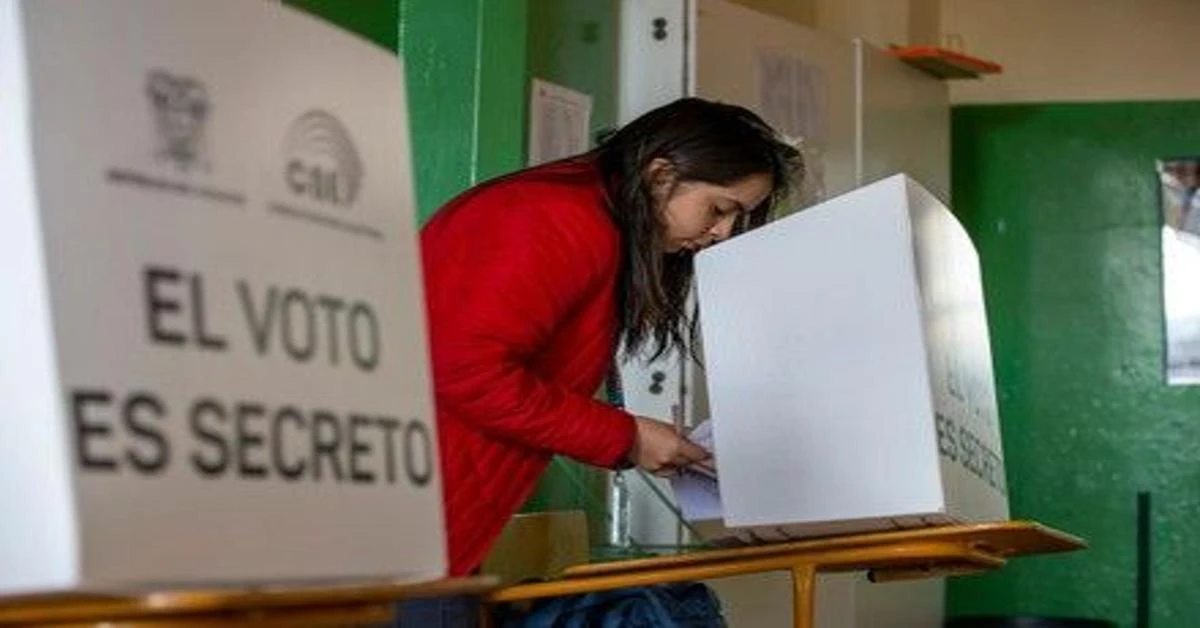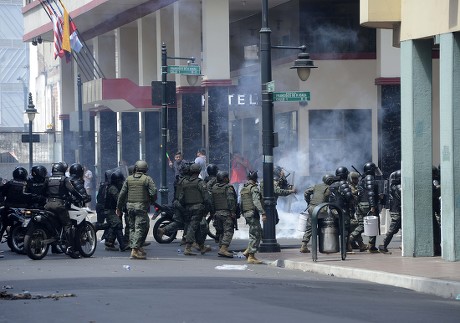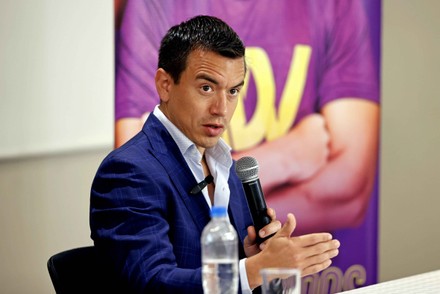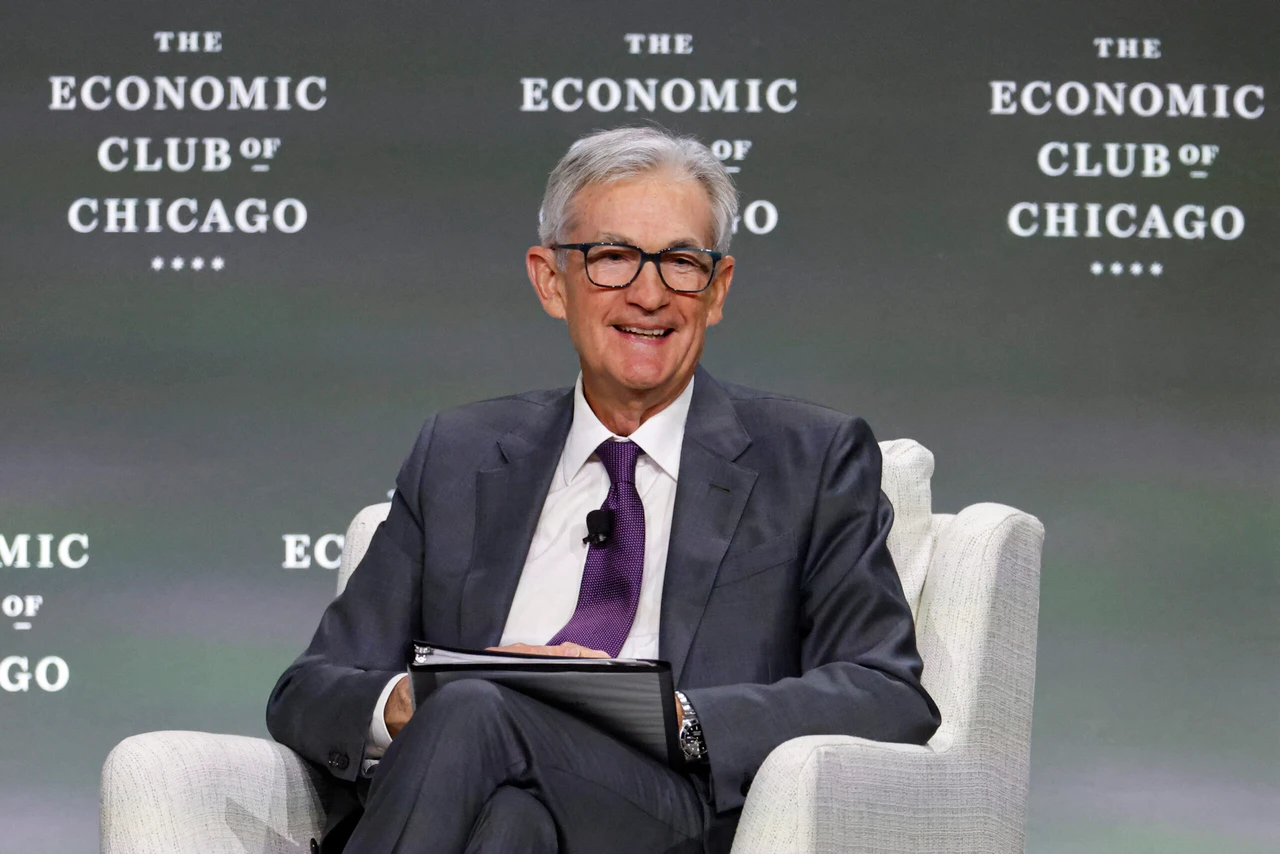Ecuadorians approve referendum for tighter security measures

Ecuadorians approve tight security measures in a new referendum. President Noboa strengthens his political position by taking these measures amid rising violence
Ecuadorians have overwhelmingly approved tight security measures in a new referendum aimed at combating gang-related crime, according to a statement released by the country’s National Electoral Council after voting closed late Sunday. Preliminary results indicate strong support, with 60% to 73% of voters approving the referendum.
President Daniel Noboa, who took office in November, introduced the measures at a time of escalating violence, including the targeted killings of two mayors within a week.
Citizens answered 11 questions in the referendum, including expanding military and police powers, stricter gun control and harsher penalties for terrorism-related offenses. Other proposals include facilitating extradition and extending prison sentences for those convicted of drug trafficking.
The rise in violence in Ecuador has been attributed to gangs linked to transnational cartels that use the country’s ports for drug trafficking operations. As President Noboa emphasized, the referendum result is likely to shape the government’s approach to combating violence and organized crime.
Questions of the referendum focusing on security received enthusiastic support from voters, while proposals on labor regulations were rejected. In particular, measures allowing hourly labor contracts and recognizing international arbitration were rejected by a majority of voters.
Ecuador’s shift from tranquility to turmoil
Ecuador, once known for its tranquility, has grappled in recent years with a spike in violence, in part due to influences emanating from neighboring Colombia, a major cocaine producer.

Noboa has won public support by taking decisive action against criminal organizations, particularly after a January incident in which masked gunmen, allegedly acting on the orders of imprisoned drug traffickers, seized control of a television station during a live broadcast.
Noboa is pleased with the referendum results, arguing that the country is better equipped to fight criminal elements and protect Ecuadorian families. His focus on law and order echoes strategies used by other populist leaders, such as El Salvadoran President Nayib Bukele, and potentially strengthens Noboa’s political position as he seeks re-election next year.

Noboa assumed the presidency after former President Guillermo Lasso resigned over corruption allegations and won a campaign marked by violence, including the murder of a leading rival.
Soruce: Newsroom



